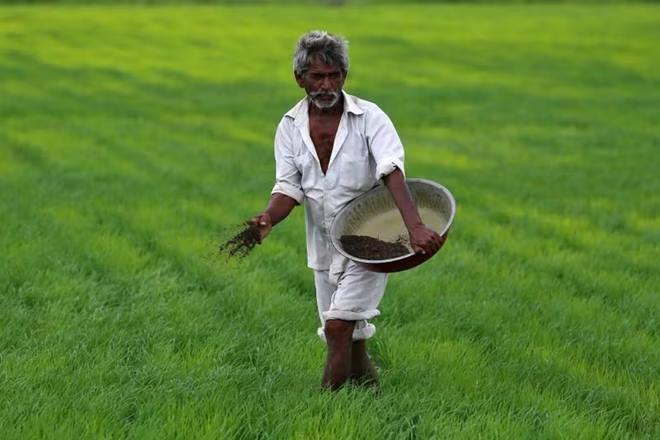Sowing Seeds of Sustainability: The Future of Green Livelihoods in Africa

A Revolution Taking Root
Across Africa, a continent on the frontline of climate change, a quiet and powerful revolution is taking root. It's a movement driven not by industrial might, but by the wisdom of working with nature. From the sun-drenched plains of the Sahel to the fertile highlands of East Africa, communities are embracing a new vision for their future—one where **economic prosperity and environmental stewardship go hand in hand**.
The concept of sustainable livelihoods in Africa is evolving from a niche idea into a mainstream strategy, offering a resilient path forward for millions of families. By harnessing the power of eco-friendly farming and green entrepreneurship, a new generation is proving that it's possible to earn a stable income while protecting the planet for generations to come.
The urgency for this shift is undeniable. Traditional livelihoods, heavily dependent on predictable weather patterns, are becoming increasingly precarious. Erratic rainfall, prolonged droughts, and soil degradation threaten the food security and economic stability of a continent where up to 60% of the population is employed in agriculture.
The Green Revolution in the Fields: Climate-Resilient Agriculture
The foundation of many African economies lies in its soil. **Climate-resilient agriculture** is about safeguarding this precious resource by adopting farming techniques that are both productive and environmentally sound. This approach moves away from chemical-intensive industrial farming and towards practices that enhance biodiversity, conserve water, and improve soil health.
Key Practices Taking Root
- **Agroforestry:** This ancient practice of integrating trees with crops and/or livestock is making a major comeback. Trees provide shade, prevent soil erosion, and enrich the soil with nutrients, often providing a secondary source of income.
- **Conservation Agriculture:** This "minimum-tillage" approach involves minimizing soil disturbance, maintaining a permanent cover of organic matter, and diversifying crop species. This dramatically improves the soil's ability to absorb and retain water—a critical advantage in drought-prone regions.
- **Drought-Resistant Crops:** Farmers are increasingly planting indigenous and improved crop varieties like sorghum, millet, and cowpea, which are naturally more resistant to dry conditions. This shift is crucial for ensuring food security in a changing climate.
Farmers who adopt these practices often report higher yields, lower input costs, and more stable incomes, making their households more resilient to economic and climatic shocks.
Beyond the Farm: The Rise of Green Entrepreneurship
The **green economy in Africa** extends far beyond the farm gate. A wave of entrepreneurship is creating new opportunities in sectors that are crucial for a sustainable future. These green jobs are diverse, innovative, and provide meaningful work that contributes to the well-being of the community and the planet.
Powering the Future with Renewable Energy
Access to clean, reliable energy is a game-changer for rural communities. African entrepreneurs are at the forefront of the decentralized renewable energy revolution, providing affordable **solar home systems**, solar-powered irrigation pumps for farmers, and clean cooking solutions that reduce reliance on charcoal and firewood. A solar technician installing a panel on a rural home is not just doing a job; they are connecting a family to a world of new opportunities.
Turning Waste into Wealth
In many growing African cities and towns, waste management is a significant challenge. However, a growing number of innovators see this "waste" as a resource. Entrepreneurs are creating businesses that collect, recycle, and upcycle plastic, glass, and organic waste. Organic waste is being turned into compost for agriculture or biogas for cooking, while plastic waste is being transformed into everything from building materials to fashion accessories. These **circular economy models** not only clean up the environment but also create valuable employment.
A Sustainable Path Forward
The transition to a green economy is not without its challenges. Access to finance, technical training, and supportive government policies are all crucial for scaling up these initiatives. However, the momentum is building, driven by the ingenuity and resilience of the African people.
The stories of eco-friendly farmers and green entrepreneurs across the continent are a powerful reminder that we do not have to choose between economic development and environmental protection. By sowing the seeds of sustainability, African communities are cultivating a future that is not only more prosperous but also more just and resilient. They are building green livelihoods that nourish both people and the planet, ensuring a thriving future for generations to come.